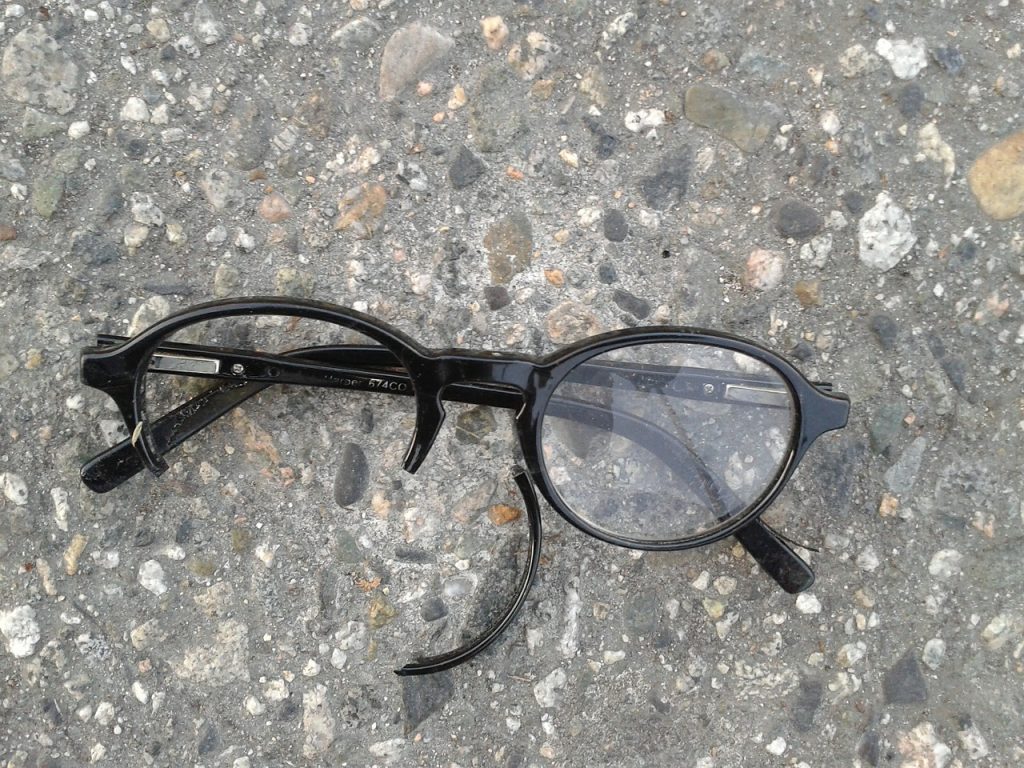Vision Insurance–What It Is and What It Does
In the hierarchy of insurance, vision is often right down at the bottom with dental. Sure, it’s helpful, but how often do you use it? Of course, life has a way of heaping on problems the moment we dare to think we’re self-sufficient. As your peepers are indispensable in helping you navigate daily life, you might want to reconsider the benefits of having vision insurance.

Since vision insurance isn’t legally required in the United States, it’s wise to consider your needs before shopping around. Do you or does anyone in your family wear glasses? How is your vision overall? Do you have a pre-existing visual condition that requires frequent medical intervention and need to use products like ocular steroids regularly? Can you afford a new insurance plan? Getting clear on what you have and what you need is half the battle for choosing the right insurance plan for you.
There are three key points to keep in mind while shopping for vision insurance.
The Essentials
It may not surprise you that vision insurance covers the basics, like glasses, contact lenses, and eye exams at your local eye clinic. But not all retailers are created equal–some insurers may cover individual retailers and eye doctors but not others. For example, most vision insurance plans do not cover corrective eye surgery or daily contact lenses. Furthermore, unique frames like lightweight or anti-glare lenses, might not be included, either. Therefore, your coverage will dictate to which optometrists you can go to and which optical boutique you can purchase your frames and lenses.
The Extras
Like we just mentioned, most vision insurers do not cover corrective eye surgery. However, other goodies might be excluded, such as transition lenses, impact-resistant lenses, and metal frames. Remember that most vision insurance plans will not cover vision-related medical expenses. Thankfully, most health insurance plans do that instead. If you have particular vision needs, most vision insurance plans will not be of much use to you.
Elective Procedures
Speaking of special medical needs, if you do decide to choose a plan that covers these kinds of corrective eye surgeries, it’s probably going to cost you a pretty penny. Moreover, most programs will not fully cover these procedures, so you’ll likely end up paying for the lion’s share. Check your existing health insurance plan to see what vision methods they include if this doesn’t sound feasible.
The good news is that most plans run around $20 a month, which is very doable for most people. Both Humana and VSP offer comparable vision insurance plans: $17-18 a month and less than $17 a month. Like any other insurance plan, the higher your monthly premium, the less you pay out of pocket.
Even though most employers don’t include vision in their employees’ insurance plans, it might surprise you that you could save more money by paying for your own, separate policy. You can choose a plan that most closely fits what you need this way, but you can choose a plan that covers retailers and eye doctors in your area. Read Eyeglasses.com’s pros and cons of having vision insurance–it’s quite eye-opening.
